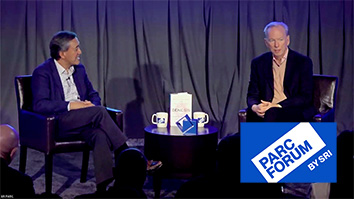Citation
Grover, S., Pea, R., & Cooper, S. (2015). Designing for deeper learning in a blended computer science course for middle school students. Computer Science Education, 25(2), 199-237. doi: 10.1080/08993408.2015.1033142
Abstract
The focus of this research was to create and test an introductory computer science course for middle school. Titled “Foundations for Advancing Computational Thinking” (FACT), the course aims to prepare and motivate middle school learners for future engagement with algorithmic problem solving. FACT was also piloted as a seven-week course on Stanford’s OpenEdX MOOC platform for blended in-class learning. Unique aspects of FACT include balanced pedagogical designs that address the cognitive, interpersonal, and intrapersonal aspects of “deeper learning”; a focus on pedagogical strategies for mediating and assessing for transfer from block-based to text-based programming; curricular materials for remedying misperceptions of computing; and “systems of assessments” (including formative and summative quizzes and tests, directed as well as open-ended programming assignments, and a transfer test) to get a comprehensive picture of students’ deeper computational learning. Empirical investigations, accomplished over two iterations of a design-based research effort with students (aged 11–14 years) in a public school, sought to examine student understanding of algorithmic constructs, and how well students transferred this learning from Scratch to text-based languages. Changes in student perceptions of computing as a discipline were measured. Results and mixed-method analyses revealed that students in both studies (1) achieved substantial learning gains in algorithmic thinking skills, (2) were able to transfer their learning from Scratch to a text-based programming context, and (3) achieved significant growth toward a more mature understanding of computing as a discipline. Factor analyses of prior computing experience, multivariate regression analyses, and qualitative analyses of student projects and artifact-based interviews were conducted to better understand the factors affecting learning outcomes. Prior computing experiences (as measured by a pretest) and math ability were found to be strong predictors of learning outcomes.


